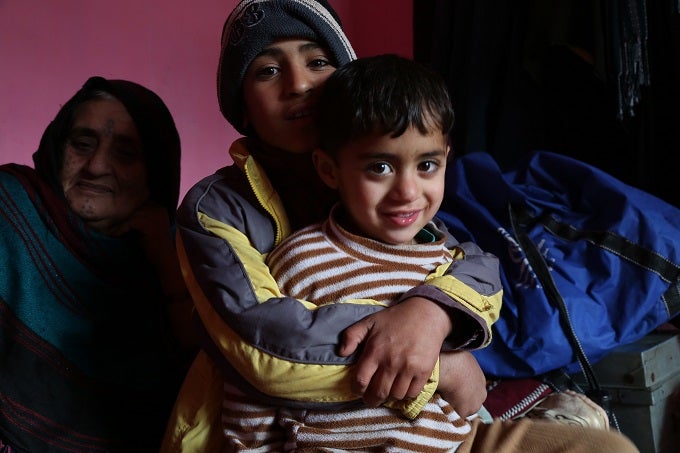
Four decades of conflict, violence and uncertainty has made Afghans the world’s largest protracted refugee population and among the largest group of returnees in the past few decades . Each year as many as 100,000s Afghans are on the move .
Since 2002, some 5.8 million Afghan refugees and several million more undocumented Afghans have returned to Afghanistan . More than two million of these refugees and undocumented returnees have returned since 2015. Recent surges in returns such as the 2016 spike of over 600,000 returnees from Pakistan were recorded in just six months.
Most returnees relocate to urban and peri-urban areas where they find limited job opportunities and inadequate access to essential services, thus jeopardizing their reintegration prospects and fueling secondary displacement. Therefore, it is imperative that joint initiatives between international organizations and Afghan government ministries help support both returnees and the host communities in which they relocate .
To that end, the World Bank and the International Organization for Migration (IOM) today signed a data sharing agreement (DSA), which formalizes an existing partnership between the two organizations in Afghanistan.

This agreement covers data collection and analysis, knowledge management and joint programming to help better assess and respond to the needs of the many Afghan returnees, Internally Displaced Persons (IDPs), and their host communities.
Combined with a similar DSA signed between the World Bank and United Nations High Commission for Refugees (UNHCR), the agreement frames and strengthens the overall coordination between humanitarian agencies, development actors, and line ministries .
In early 2017, due to limited information and coordination between humanitarian agencies, development actors, and line ministries, it proved difficult to assess where returnees settled, what their needs were, and how best to deliver adequate support.
To strengthen the returnee response and in support of the Ministry of Refugees and Repatriation, IOM has created and deployed a registration database for all returnees at major border crossing points.
IOM has also rolled out the Displacement Tracking Matrix, now active in 28 provinces, to map out population mobility , as well as the presence and specific locations of returnee, displaced and migrant populations.
Meanwhile, the World Bank has expanded a program which analyses existing data and brings forth evidence to inform and guide national priorities , policies, programming and interventions.
The signature of the IOM – World Bank DSA will mesh IOM’s frontline humanitarian capacity and the World Bank’s development expertise to better support target populations . Further to that, the agreement paves the way for greater cooperation with the United Nations High Commissioner for Refugees (UNHCR) and is in line with the World Bank’s enhanced focus on providing durable solutions to forcibly displaced people.
The World Bank, IOM, and UNHCR are looking forward to working very closely with the Afghan government to further improve the quality and availability of data to better deliver targeted humanitarian response and development assistance for Afghan returnee communities.
This collaboration has already informed the expansion of the Citizens Charter Afghanistan Project to reach areas of high return, and is providing the evidence base for the design of the new Eshteghal Zaiee - Karmondena (EZ-Kar) project which aims to promote economic opportunities for displaced populations and host communities in several cities across Afghanistan.



Join the Conversation